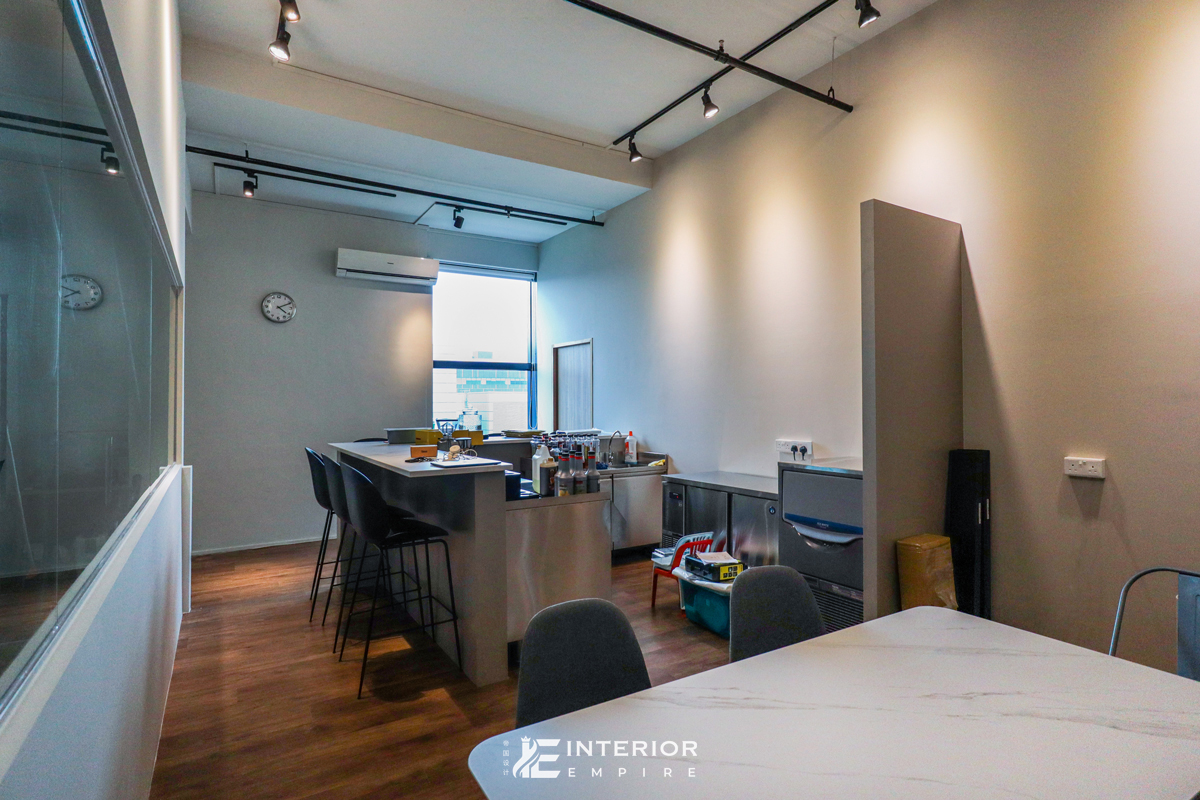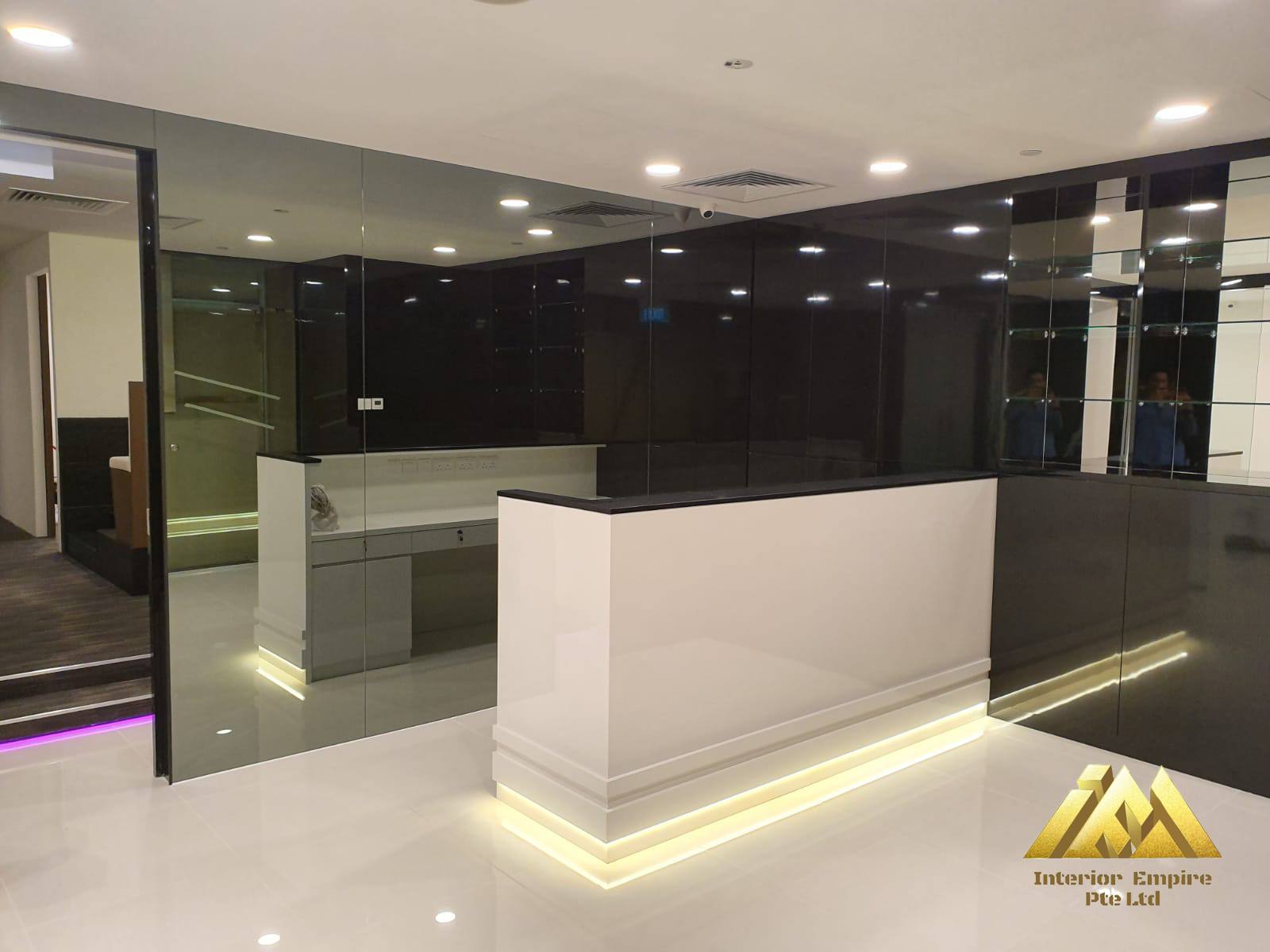Renovating your home is an exciting opportunity to create a space that reflects your personality and lifestyle. With the growing environmental concern, it’s important to incorporate sustainable materials in your home renovation to reduce your carbon footprint and make your home eco-friendlier. This article will provide 15 tips and questions to consider when incorporating sustainable materials in your home renovation.
 Evaluate Your Home First Before Using Sustainable Materials
Evaluate Your Home First Before Using Sustainable Materials
Before incorporating sustainable materials into your home renovation, evaluating your home’s current energy efficiency and sustainability is important. This will help you identify areas that require improvement and determine where to focus your efforts.
Conducting an energy audit is one of the first steps in assessing your home’s energy efficiency. This can be done by a professional energy auditor or through a DIY audit using an online tool or checklist. An energy audit will help you identify where your home is losing energy and how to reduce energy consumption.
Here are some points for evaluating your home’s energy efficiency and sustainability:
- Check your home’s insulation and weather stripping to ensure they are in good condition and effectively keeping your home at a comfortable temperature
- Replace any old windows or doors with energy-efficient ones to prevent heat loss and reduce your energy bills
- Upgrade your home’s lighting to LED bulbs, which last longer and use less energy than traditional bulbs
- Install a programmable thermostat to regulate your home’s temperature and reduce energy usage when you’re not at home
- Check for leaks in your plumbing and fix any issues to conserve water
- Look for eco-friendly materials in your home, such as bamboo flooring or recycled glass countertops
- Consider adding solar panels or other renewable energy sources to your home
- Plant trees or install shading devices to keep your home cooler in the summer and reduce your reliance on air conditioning
- Use low-VOC paints and materials when renovating to reduce harmful emissions
- Install a rainwater harvesting system to collect water for irrigation or other non-potable uses.
Sustainable Materials Ideas for Home Renovation
1) Flooring: Choose eco-friendly options like bamboo or cork flooring.
2) Paints and Finishes: Look for low-VOC products.
3) Insulation: Consider using sustainable insulation materials like wool or recycled denim.
4) Wood Products: Choose recycled or reclaimed wood.
5) Windows and Doors: Install energy-efficient windows and doors.
6) Countertops: Consider using sustainable materials like recycled glass or bamboo.
7) Appliances and Fixtures: Choose water-saving options.
8) Renewable Energy: Install solar panels or other renewable energy sources.
9) Roofing: Choose sustainable roofing materials like metal or slate.
10) Lighting: Choose eco-friendly lighting options like LED bulbs.
11) Landscaping and Outdoor Materials: Choose sustainable options like permeable pavers or drought-resistant plants.
12) Heating and Cooling: Install energy-efficient systems.
13) Furniture and Decor: Choose eco-friendly options made from sustainable materials.
14) Lifespan of Materials: Consider the longevity of the materials you choose.
15) End of Life: Think about how the materials can be recycled or repurposed at the end of their life.
 Questions to Ask Your Contractor Before Using Sustainable Materials
Questions to Ask Your Contractor Before Using Sustainable Materials
When looking to incorporate sustainable materials into your home renovation, it’s important to find a contractor who shares your values. Here are some questions to ask your contractor:
1) What are sustainable materials?
Sustainable materials are materials that are sourced, produced, and used in a way that minimizes their impact on the environment. They are eco-friendly and typically have a lower carbon footprint than traditional building materials.
Examples of sustainable materials include bamboo, cork, recycled glass, salvaged wood, and natural stone. These materials are often renewable, recyclable, or made from recycled materials.
2) Why use sustainable materials?
Using sustainable materials in your home renovation can help reduce your carbon footprint and minimize the Environmenntal’s negative impact. Sustainable materials often require less energy and resources to produce and can also improve the air quality inside your home.
Additionally, sustainable materials are often more durable and long-lasting, saving you money in the long run by reducing the need for frequent replacements and repairs.
3) Where to find sustainable materials?
You can find sustainable materials at eco-friendly stores, recycled building materials shops, and even online. Some major home improvement retailers also offer sustainable options for flooring, paint, and insulation.
When shopping for sustainable materials, be sure to look for certifications such as Forest Stewardship Council (FSC) or Cradle to Cradle (C2C) to ensure that the materials are truly eco-friendly and sustainably sourced.
4) How familiar are you with sustainable materials and practices?
It’s important to know your contractor’s level of knowledge and experience with sustainable materials and practices. You want to work with someone who understands the importance of eco-friendly and energy-efficient options and can provide guidance on making the best choices for your home.
5) What sustainable materials and products do you recommend for my home?
Your contractor should be able to recommend sustainable materials and products that align with your goals and budget. They can suggest alternatives to traditional materials that may be more energy-efficient, durable, or environmentally friendly.
6) Can you provide references for sustainable renovation projects you have completed?
Ask your contractor for references from clients who have completed sustainable renovation projects. This will give you a sense of their expertise in this area and help you determine if they fit your project.
7) How do you dispose of construction waste?
It’s important to work with a contractor with a plan for disposing of construction waste in an eco-friendly manner. They should be able to recycle or repurpose materials whenever possible and dispose of hazardous waste properly.
8) What steps do you take to minimize the environmental impact of your work?
Your contractor should be able to explain how they will minimize the environmental impact of their work. This can include using sustainable materials, minimizing waste, and reducing energy consumption during renovation. By asking these questions, you can ensure that your contractor shares your commitment to sustainability and will work with you to create a greener home.
Incorporating sustainable materials into your home renovation is important for several reasons. First, it helps reduce the negative impact that traditional home renovation practices have on the environment. Many traditional building materials, such as concrete, steel, and plastic, are resource-intensive and can contribute to pollution, deforestation, and greenhouse gas emissions.
Choose Interior Empire for Sustainable Home Renovation
Finding it hard to visualize your unique interior design ideas? Look no further than Interior Empire. As one of the best interior design firms in Singapore, we strive to serve the most innovative ways and new design possibilities in your interior design. Why you should choose as your interior designer:
- We are specialized in creating the highest standards of interior design results out of the most unique and out-of-the-box ideas
- Creating one-of-a-kind design based on our client taste through the help of our certified and experienced designers
- We provide space planning and allocation using the latest 3D visualization technology
- We are experienced in renovating residential and commercial space
- The best quality control and project management to ensure the work gets done on time
Wait no more! Try our different renovation packages based on your different needs. Contact us here or visit our showroom at T-SPACE #08-05, 1 Tampines North | Drive 1 Singapore, Singapore 528559.



